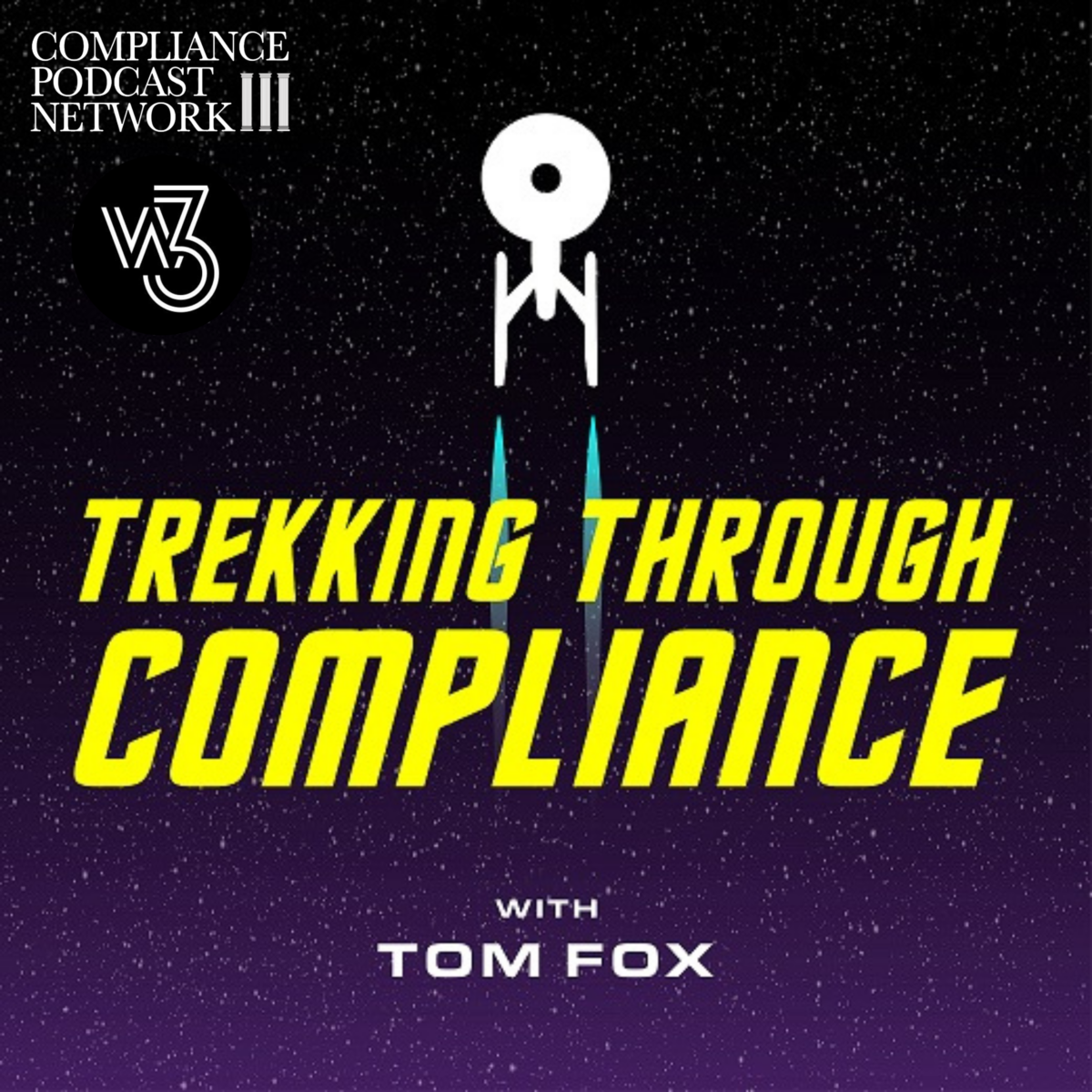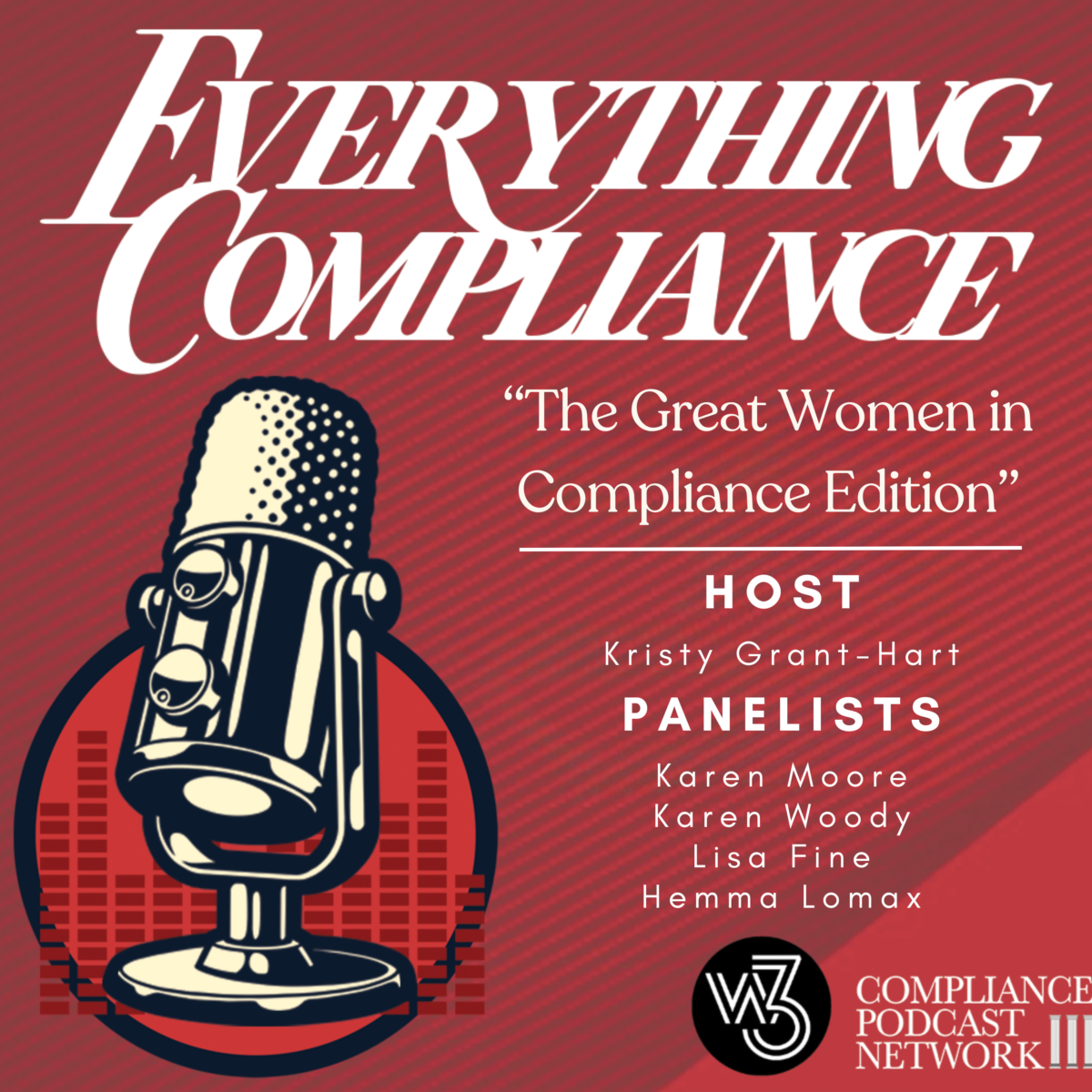Where does creativity fit into compliance? In more places than you think. Problem-solving, accountability, communication, and connection—they all take creativity. Join Tom Fox and Ronnie Feldman on Creativity and Compliance, part of the award-winning Compliance Podcast Network.
Ronnie’s company, Learnings and Entertainment, utilizes the entertainment devices people use to consume information in their everyday, non-work lives and apply it to important topics around compliance and ethics. It is not only about being funny. It is about changing the tone of your compliance communications and messaging to make your compliance program, policies, and resources more accessible.
In this episode of Creativity and Compliance, Tom Fox and Ronnie Feldman take up the challenge of adding spice to your compliance program and discuss the importance of adding creativity and ‘spice’ to corporate compliance programs. They explore how standard compliance elements like policies, training, and communications often fail to engage employees effectively. By integrating playful, positive, and humorous elements, companies can make their compliance programs more digestible and engaging, leading to better adherence and fewer issues. Examples include short videos, infographics, and interactive games to convey important messages. They emphasize the need for regular, engaging content that employees will look forward to, transforming the compliance department into a trusted, supportive resource.
Key highlights:
- The Epiphany: Ingredients for Compliance
- Adding Spice to Compliance Programs
- Different Ways to Spice Up Compliance
- Creative Approaches to Compliance Training
- Engaging and Fun Compliance Strategies
Resources:
Ronnie
- Learnings & Entertainments (Website)
- Compliance Confessions – inspired by “Mean Tweets,” these 90-second commercials address misconceptions and excuses to promote speak-up culture and the E&C team as positive and helpful.
- E&C Training Jams – a soulful singer banters with ethics & compliance, explaining policies, sharing examples, and debunking excuses.
- Tales from the Hotline – Real speak-up-themed stories about workplace behavior gone wrong.
- Workplace Tonight Show! – E&C meets SNL Weekend Update, explaining corporate risk topics and why employees should care.
- 60-Second Communication & Awareness Shorts – A variety of short, customizable music and multimedia, quick-hitter “commercials” promoting integrity, compliance, speaking up, and the E&C team as helpful advisors and coaches.
- Custom Live & Digital Programing – Custom creative programming that balances the seriousness of the subject matter with a more engaging delivery. After all, you can’t bore people into learning.
Tom
Creativity and Compliance was recently honored as one of the Top 35 Podcasts on Creativity by Feedspot.










